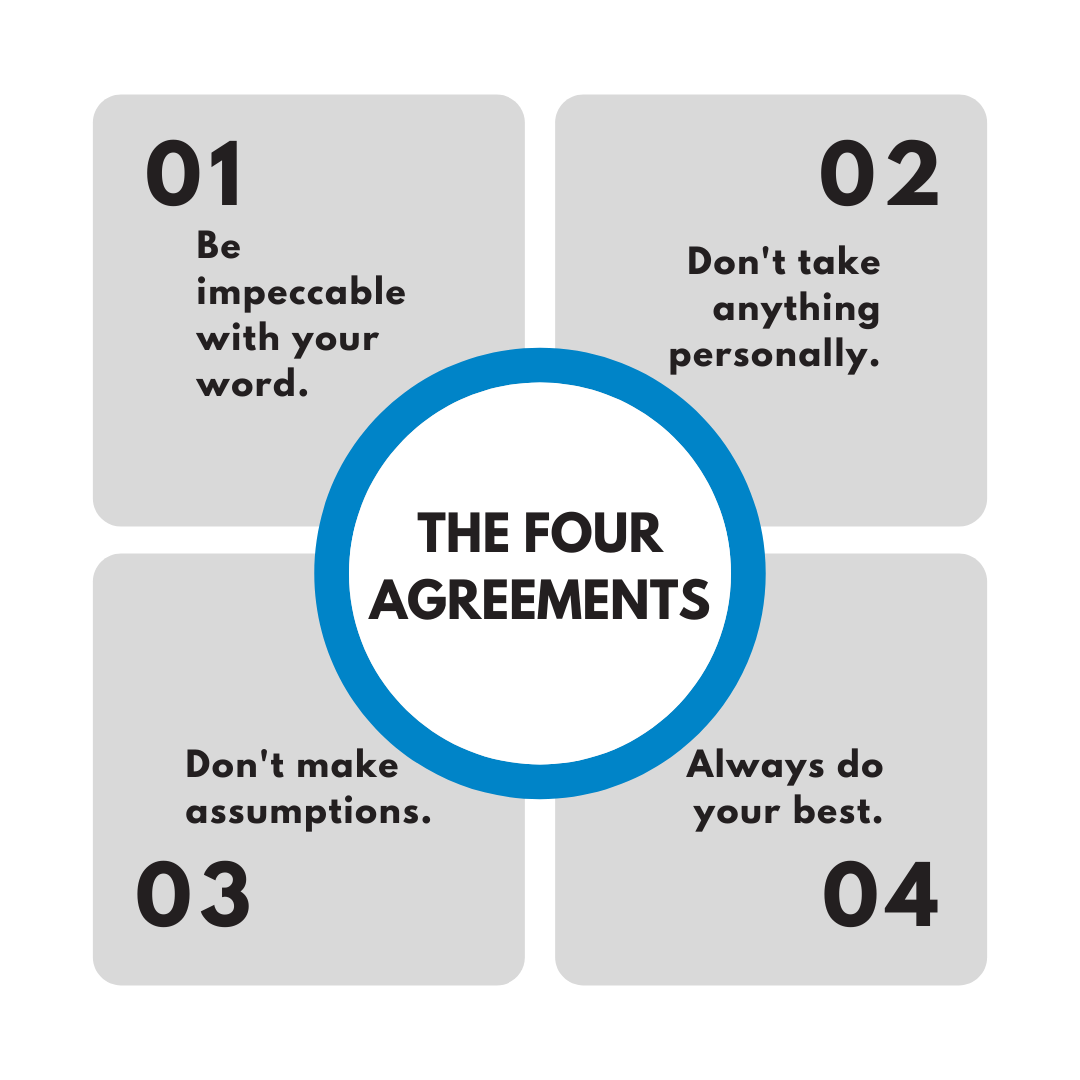To summarize a list of lessons learned in 43 years of paralegal practice is rather like opening Pandora’s box. Hard to say what may pop up! I’ve had a great career, weathered some storms, at times feeling undervalued and underutilized, and at others wondering if I could tackle the latest project I’ve been handed. Certainly, every time I think I have heard everything, something new comes along. At least it hasn’t been boring.
I’ve mentioned in previous articles that 43 years ago, the profession of “paralegals” and “legal assistants” didn’t really exist. Legal secretaries absorbed some of what is now considered paralegal responsibilities. As the para profession morphed, so did the level of responsibilities and ethics.
The Most Important Lesson
I’ll start with what I view as most important, both in life and in legal. These are more general philosophies that will serve you well no matter the situation.
Remember The Golden Rule. Treat others as you would wish to be treated. The legal world is adversarial in most circumstances but remains cordial and unruffled. Jim Rohn always said that there really are only 6-7 jerks in the world – unfortunately, they just move around a lot.
From the book “The Four Agreements” by Don Miguel Ruiz. PLEASE read if you haven’t!

1. Be impeccable with your word. Be integrous, clear, avoid gossip, and use your words for truth and love. If you say you will do something, do it.
2. Don’t take anything personally. Mr. Ruiz says that “nothing others do is because of you, what others say and do is a projection of their own reality” and most importantly, “when you are immune to the opinions and actions of others, you won’t be the victim of needless suffering.”
3. Don’t make assumptions. Over the years, clarity has become my priority in every conversation.
4. Always do your best. We all have “off” days but find a way to rise above.

Paralegal Lessons Learned Working With Clients and Teams
And now a few of my own nuggets I’ve gathered along the way.

Tactfully dissuade abusive behavior. Having said the above, you do NOT have to accept abusive behavior – from anyone. Respectfully let the individual know that if they wish to continue the conversation, you will do so when they have calmed down. I tactfully provide a warning, and then I remove myself from the situation (phone or in-person).
When it comes to abusive clients, I work that out on a case-by-case basis. Sometimes clients who are yelling or angry are not angry with you personally (remember, don’t take anything personally). Frustration, pain, and life challenges can cause a client to boil over, and they just need to vent. I let them. I occasionally interject with an “I understand” or “I’m sorry this has been so difficult.”
If they become a repeat abuser, I take the situation to the lawyer (because of course, you know this is a true principle, they do NOT behave that way with the attorney). I ask the lawyer to address it with the client and sometimes they will simply decide that they will handle that client directly. From that point forward I instruct staff to always move the call off to the lawyer. Dealing with emotional clients can be difficult, here are 9 strategies for paralegals.

Get, or be, a mentor. If you are new, find a mentor(s). If you aren’t, be a mentor. I was blessed early in my career to have worked with some attorneys who loved to teach and share their knowledge. It was invaluable. If you are new, be coachable and teachable. If you have some years under your belt, make sure you’re utilizing the best mentoring tools to mentor new paralegals and legal assistants.
Value your legal team. Edify them and show your appreciation. Each person provides a valuable role.

Paralegal Lessons Learned From Years of Case Management
Manage your cases. Paralegal work is all about case management and how you keep the plates spinning. I’ve learned to inspect what I expect. That goes for the lawyers and legal assistants. Follow up with your legal assistant or the attorney to double-check that the item has been accomplished and check it off your list. My list is below.
DOCKET, DOCKET, DOCKET. Always and forever. It should run your practice.
Get tips on working for multiple attorneys in different practice areas.

Clarity first. Understand and devise the means for any event.
Timeliness. Calendar the event on your calendar, and the attorney’s calendar.
Cliff notes. When making a calendar item, whether it is a hearing, phone call, client meeting, or even a deposition, I use the appointment notes in Outlook so that when the attorney pulls up the meeting or call, he has a quick set of notes for easy reference.
Assign task. I use this function in Outlook for my assistant so that I can keep track of completed items.

Last call. A quick reminder to the attorney about the call/event/meeting and if there’s anything else needed before it begins.
Build-in preparation time. I build in time to prep with an attorney prior to a client meeting, deposition, hearing, and obviously in trial preparation. Hold yourself and the attorney to the timeframes whenever possible. I have my own preparation time before the meeting with the lawyer based on previous questions and, of course, clarity.
Questions – I ask them. I have long since stopped worrying about whether someone will think it’s stupid. It doesn’t matter. If it’s something I need to know or understand, then it is important enough for an answer.
Case Reviews – do them. If an attorney is too busy to get them on the calendar weekly or monthly, do your own. I review my cases weekly and have a running list of status and what or who we are waiting on for a response. This also provides a backup as a reference in my absence. Case management systems help fill that gap but make sure they are updated.
A Paralegal Resource For You
Paralegal Lessons Learned With Time and Experience
Play Devil’s advocate. It may sound strange, but I have found that has become part of my role – especially in a solo practice. I may provide role-playing legal arguments before a dispute hearing, offer objections I anticipate will be raised by the other party, point out the pitfalls prior to negotiations, and offer up questions I believe may be asked of our client in a deposition.
If you are managing your cases and understand the overarching theme, then this is an asset for the lawyer if the lawyer is receptive. I use phrases with the lawyer such as “what about,” “do you recall,” and “do you think we need”. (I’m probably a little spicier than that but use the verbal tools that fit the rapport with the attorney).
Learn about the Pros and Cons of Solo vs Large Firms.
Continue to learn and grow. Even old dogs can learn new tricks. I like to challenge myself (usually it’s some torturous electronic means), but I continue to educate myself and hone critical thinking skills. Paralegal associations, webinars, and classes in areas of interest sharpen my skills. There is always more to learn. Learn 6 ways to expand your paralegal education here.
Learn to manage stress. It’s part of the job, sometimes more than others. I always strive to meet the moment and then regroup. I exercise and try to get decent sleep and eat a healthy diet and set aside time every morning to center myself. You decide whatever that means to you. It has become such an important part of my day and I can tell during a workday if I’ve missed it. You can implement mindfulness to reduce stress.

Roll with the punches. There will be some. After 43 years, I’ve had my share. Remember, they are learning opportunities. Look at them. Check the lesson. When I have examined the punches, I usually find there is a hidden gem in there somewhere that helps me level up. And don’t forget to share your lessons learned with other paralegals and legal assistants.

Meet the Author
Laurie Fields is a transplanted Midwesterner from Indiana to the Arizona desert in 1972. She began her career in 1977 in a quasi-legal secretarial/paralegal position as “paraprofessionals” weren’t quite yet a thing. Laurie has an Associate’s Degree in Legal Assisting and Coaching Certifications and was attending Arizona State when her daughter came along. She worked in larger firms in the downtown Phoenix area for past Presidents of the American Trial Lawyer’s Association, specializing in tort law. Her areas of expertise included multi-district litigation, such as the Dalkon Shield, L-Tryptophan, and Breast Implant cases, as well as in construction law. She moved into the medical malpractice arena, where she loved the marriage of medicine and law and continues as a contract paralegal for a sole practitioner. When not working or coaching, she loves to travel, riding Harleys with her husband of 38 years, and spending time with her daughter, who is in vet school. Her motto is a quote from Mario Andretti – “If you wait, all that happens is you get older.”

























